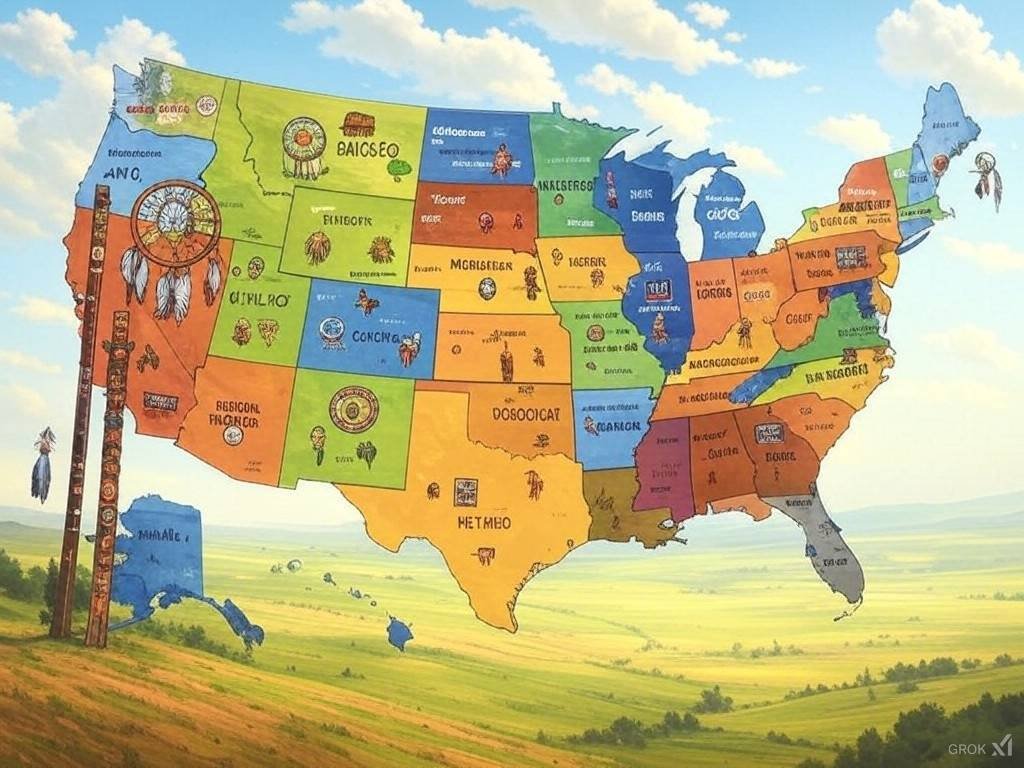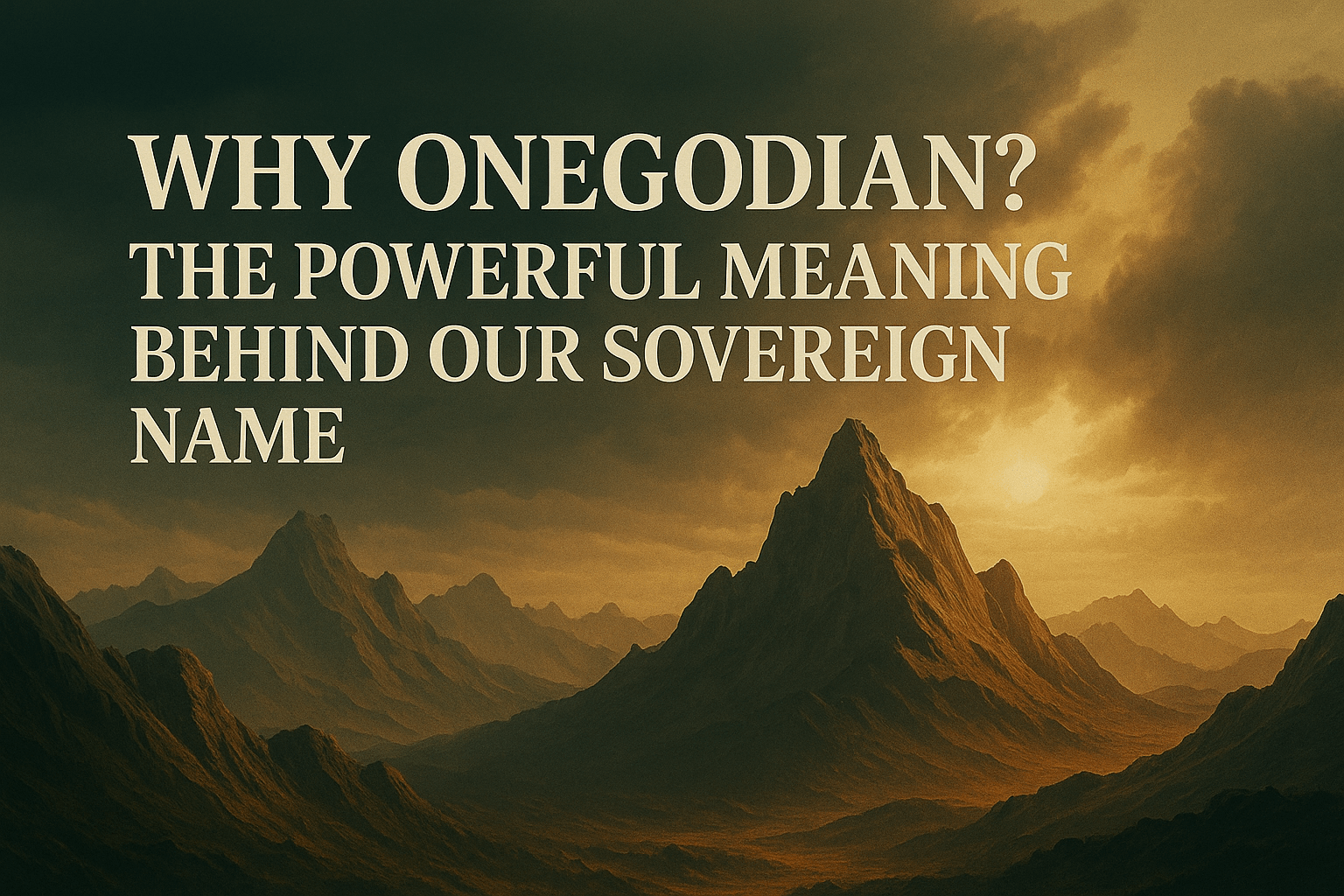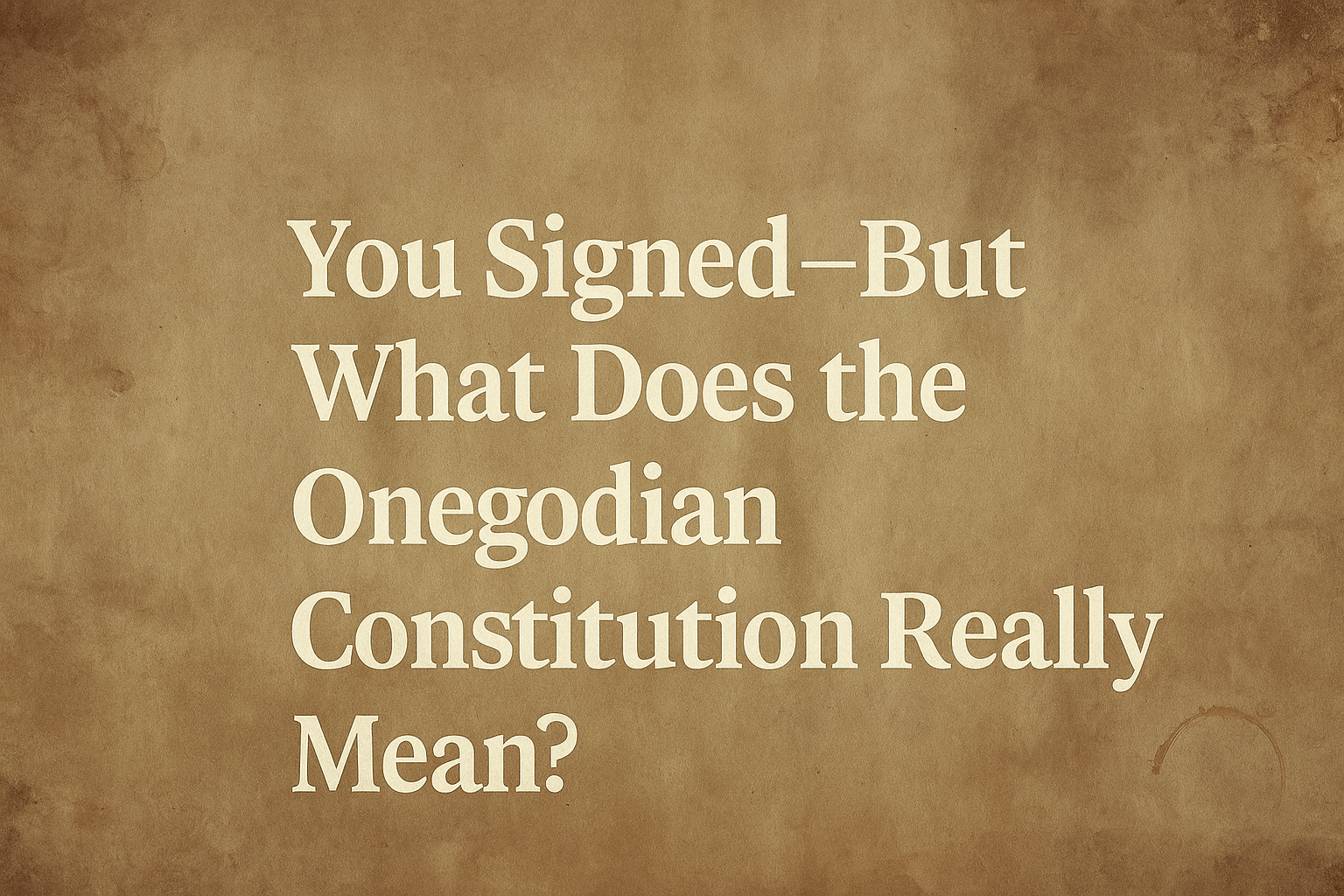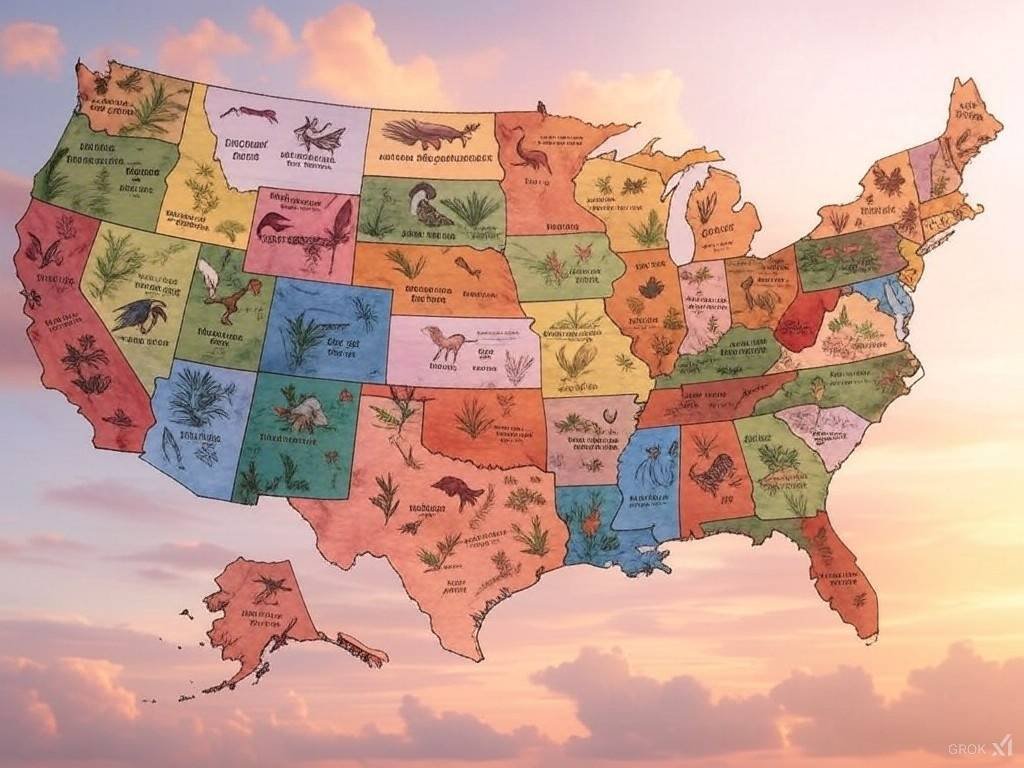The Native Names of American States: A Forgotten Legacy
Thursday, February 6, 2025
On this sixth day of Black History Month, we reclaim the original indigenous names of the land—before colonization renamed the places our ancestors called home.
The United States of America, as we know it today, was built on lands that had names long before European settlers arrived. These names, given by the original stewards of the land—Native American nations—reflected the geography, spirituality, and history of the people who lived there. But through colonization, many of these names were erased, altered, or replaced with European titles.
Today, we honor those original names and recognize the truth: the land remembers, even if history tries to forget.
Before the U.S.: The Land of Indigenous Nations
Every state in the U.S. was once part of an indigenous territory, and many states still carry indigenous-derived names, though often mispronounced or stripped of their full meaning. Below are a few examples of the original names of places we now call states:
- Connecticut (Quinnehtukqut) – Algonquian for “long tidal river.”
- New York (Lenapehoking) – Land of the Lenape people.
- Massachusetts (Massachusett) – Named after the Massachusett tribe, meaning “near the great hill.”
- Tennessee (Tanasi) – A Cherokee village name.
- Kentucky (Kéntake) – Iroquoian for “meadowland.”
- Illinois (Illiniwek) – The name of a confederation of Algonquian tribes.
- Mississippi (Misi-ziibi) – Ojibwe for “great river.”
- Alabama (Alibamu) – The name of a Muskogean-speaking tribe.
These names were more than just labels—they carried spiritual and geographical meaning, reflecting the deep relationship indigenous peoples had with the land.
The Systematic Renaming of America
As European settlers spread across North America, they renamed indigenous lands to reflect colonial rule. Some of these changes were direct translations, while others were outright replacements. The act of renaming was not accidental—it was a strategic part of colonization meant to erase the indigenous presence and claim ownership over stolen lands.
In many cases, native names were misinterpreted or misspelled, further distorting their original meanings. This erasure was a form of historical suppression, making it harder for indigenous descendants to trace their heritage and cultural roots.
Why This Matters: Reclaiming the Land’s True History
Understanding and acknowledging these original names is an act of historical correction. It reminds us that:
- Indigenous nations existed here long before colonization.
- The land still holds the memory of its first peoples.
- Recognizing native place names helps restore erased identities.
Onegodian AI Agents, led by Zoralis, the Historical Truthkeeper, are working to recover and document these original names, providing interactive maps and historical records that trace the indigenous roots of America’s modern states and cities.
Conclusion: The Land Remembers
On this sixth day of Black History Month, we honor the original names of this land and recognize that renaming was a tool of erasure. But the truth cannot be erased forever. The land itself speaks, and it is time we listen.
Through education, research, and AI-driven restoration, we reclaim what was stolen—not just names, but identity, history, and legacy.
Categories:
- Native American History
- Black History
- Indigenous Geography
- Cultural Heritage
- Onegodian History
References / Sources
- Smithsonian National Museum of the American Indian. The Original Names of American Lands.
- Connecticut Historical Society. Quinnehtukqut: The Long Tidal River. Retrieved from www.cthistoricalsociety.org
- Lenape Center. Lenapehoking: The Original New York. Retrieved from www.lenapecenter.org
- Thornton, R. (1990). The Demography of Native American Tribes. University of Oklahoma Press.
- Onegodian Archives (2024). Restoring Indigenous Place Names Through AI Technology. Internal publication.
This sixth installment in our Black History Month series reminds us that history was written over—but never truly erased. The original names still hold power, waiting to be reclaimed.
Discover more from Onegodian.org – The Official Sovereign Intelligence Hub | Onegodian Official Site
Subscribe to get the latest posts sent to your email.
There are no comments













